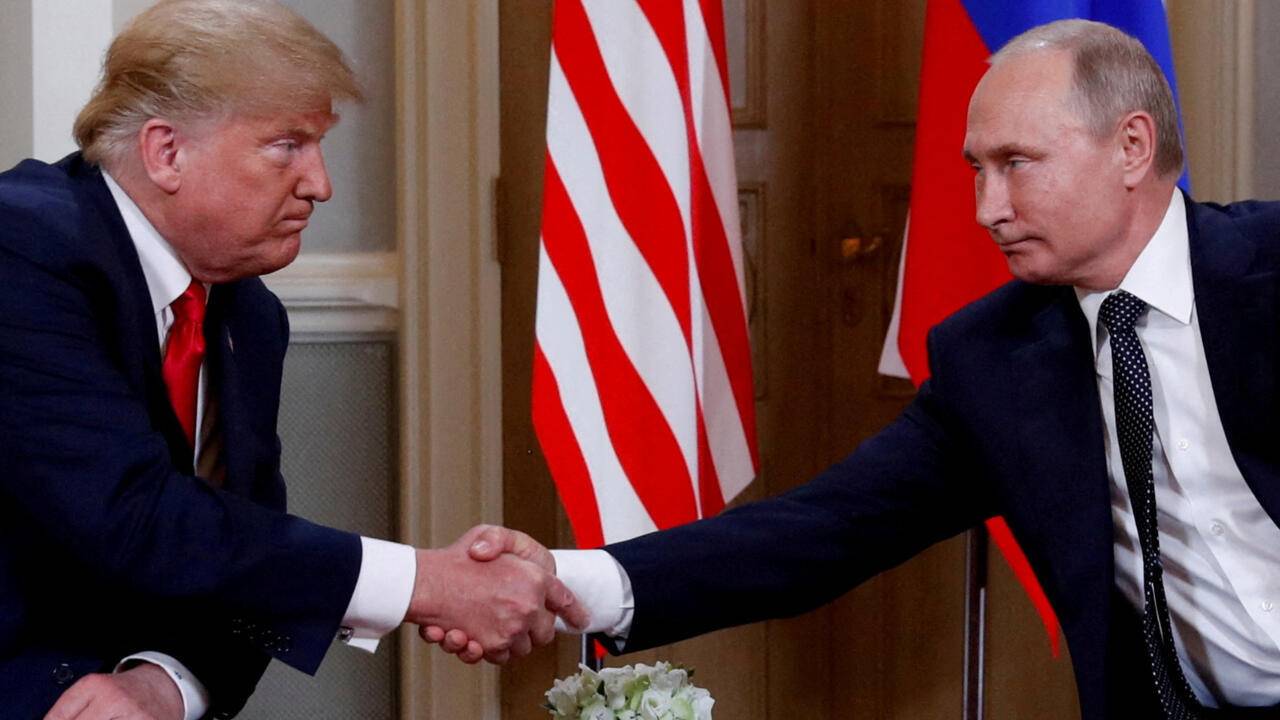In a surprising turn of events, U.S. President Donald Trump and Russian President Vladimir Putin have agreed to begin peace negotiations to end the war in Ukraine. This development has not only geopolitical implications but also far-reaching economic consequences for Europe.
Political Landscape and Results After Three Years of War
The choices made in 2022 led Ukraine into a devastating conflict with Russia. Had Ukraine avoided the war, it might have preserved its sovereignty over its entire territory, avoiding significant loss of life and infrastructure damage. Instead, the war has resulted in:
- Loss of nearly half of Ukraine’s territories, many of which are rich in resources like rare earth elements
- Not being integrated into the European Union and NATO as they had hoped
- Colossal national debt
- Massive loss of life and widespread infrastructure destruction
- Looming threat of integration into Russia
Economic Consequences
The war has placed immense economic and political pressure on European countries, resulting from these political decisions:
- Germany: The German economy has taken a hit, losing access to cheap energy sources and key markets for its products. The country has had to revert to coal extraction, raising environmental concerns and highlighting the severity of the energy crisis. Rising competition from emerging economies like China and India has further strained the economy.
- France: France is grappling with record-high national debt, driven by the economic fallout from the war and domestic issues. The dissatisfaction among the population is growing, with calls for an exit from the EU, similar to Brexit.
Dependence on the U.S.
The conflict has heightened Europe’s dependence on the United States for both energy and military support. With the loss of Russian energy supplies, Europe has increasingly relied on U.S. energy exports. Additionally, European countries are more dependent on U.S. military support to address security concerns arising from the conflict.
Rising Competition from Emerging Economies
Emerging economies like China and India are exerting significant pressure on European industries. Their cost-effective production methods and affordable workforce have made them formidable competitors in sectors such as the car industry. This competitive pressure is forcing European industries to adapt quickly or risk falling behind.
Environmental and Economic Trade-offs
The return to coal extraction in Germany highlights the difficult trade-offs between economic stability and environmental sustainability. The long-term environmental impacts are concerning, underscoring the need for innovative solutions to balance these competing priorities.
The Future of Europe
Looking ahead, the future of Europe remains uncertain. The economic challenges are significant, and the pressures from both within and outside the continent are mounting. Many countries are reconsidering their membership in the EU, with movements like Frexit gaining momentum. The EU, which has been a source of stability and growth for many member states, now faces a critical period of strategic adaptation and resilience.
We want to hear your thoughts! Share your comments below and join the conversation. Stay informed with the latest updates on this evolving situation by subscribing to our newsletter. Together, we can work towards a more stable and prosperous future.






